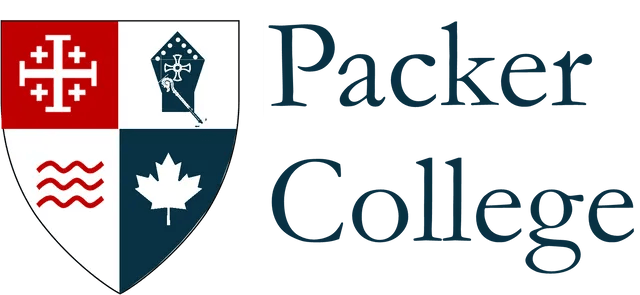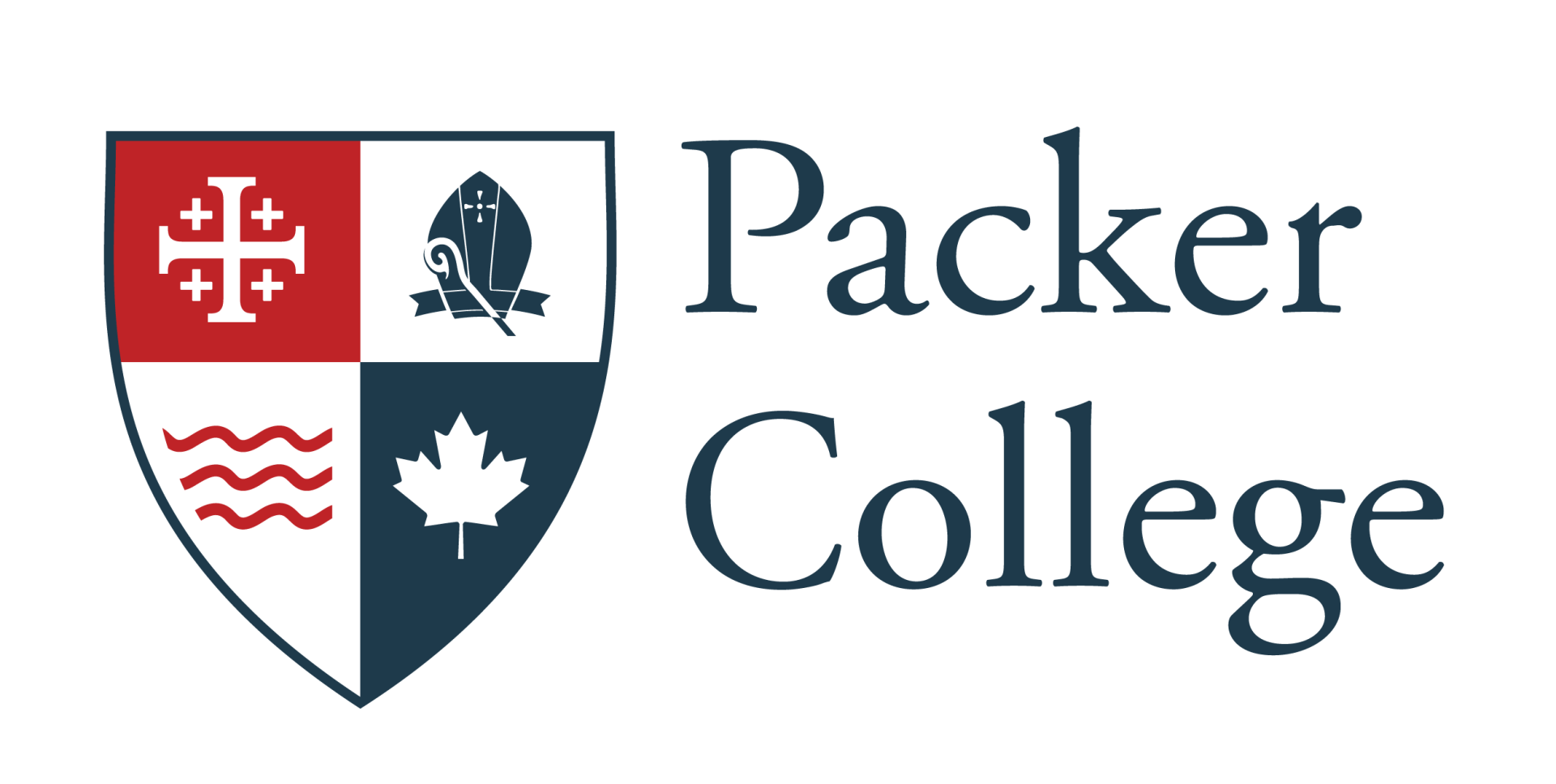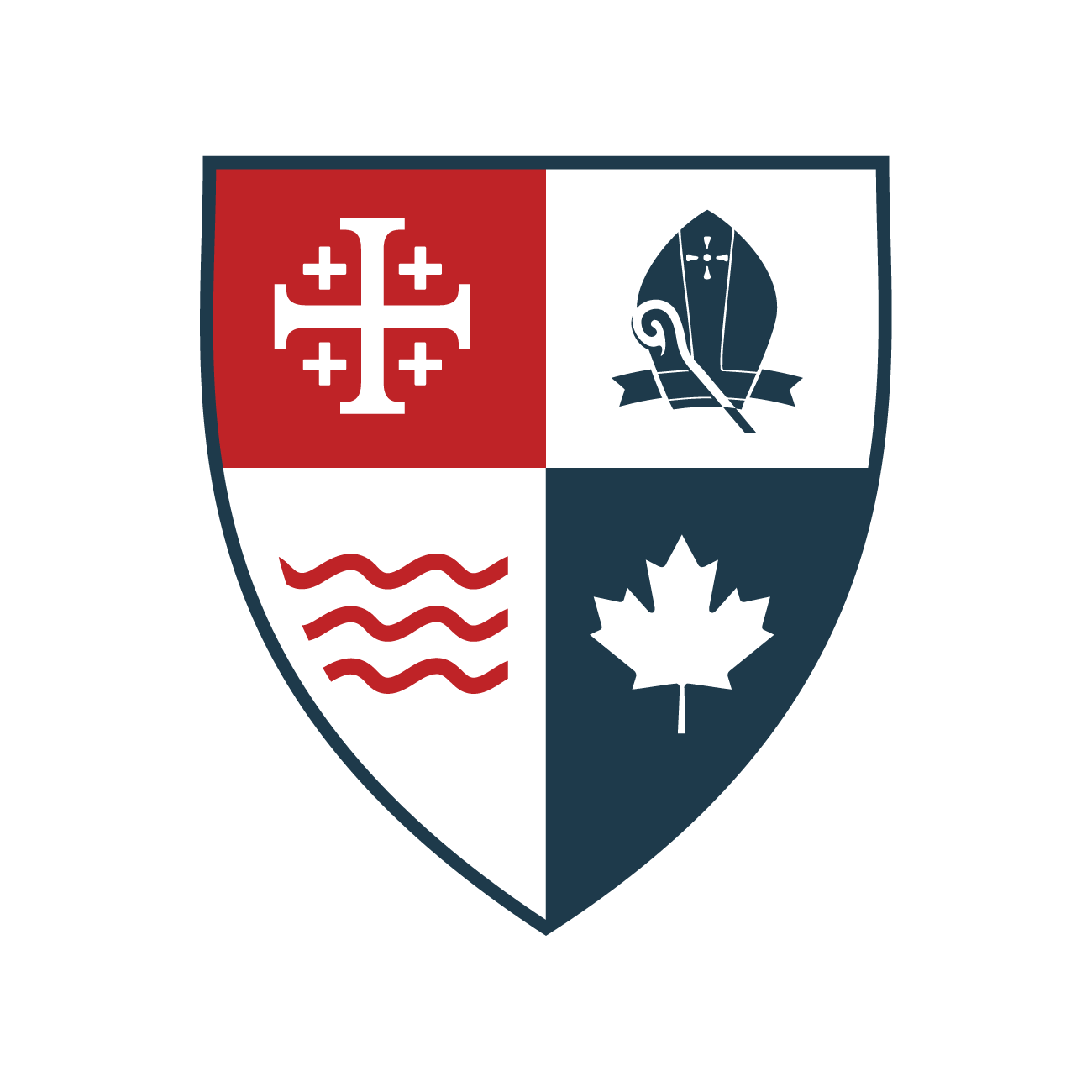ACADEMICS
COURSES
The curriculum helps our students advance in theological, personal, and gospel ministry formation.
HOLY SCRIPTURE
Old Testament 1: Pentateuch
A study of the first five books of the Old Testament, with special attention to literary forms, major themes, and Christological content.
Old Testament 2: Historical Books
A study of the content, message, and aims of the historical books of the Old Testament (Joshua, Judges, Ruth, I & II Samuel, I & II Kings), with an emphasis on their role in the OT corpus, as well as their relevance to salvation history.
Old Testament 3: Poets & Prophets
A study of the content and message of the major and minor prophetic (e.g. Isaiah, Jeremiah, Ezekiel, etc.), and poetic/wisdom (e.g. Psalms, Proverbs) books of the Old Testament, with an emphasis on their function, meaning, and relevance today.
New Testament 1: Gospels & Acts
A study of the four canonical gospels – Matthew, Mark, Luke and John — plus the Book of Acts, addressing issues such as authorship and dating, but with special emphasis on methods of interpretation within the Biblical corpus.
New Testament 2: Pauline Epistles
A study of the epistles of St Paul, addressing the didactic nature of the letters individually and their meaning within the entire New Testament framework.
New Testament 3: General Epistles & Revelation
A study of the general epistles (James, I & II Peter, I, II, & III John, Jude) and the book of Revelation, examining the structure, content, and the distinctive message of each.
Hermeneutics
How the Bible is interpreted is key to understanding its message and meaning. This course studies different interpretive methodologies, and examines the importance of possessing a proper approach to God’s word.
Greek 1
Introductory Biblical Greek, for students who have not had an introduction to the language. In addition to covering grammatical aspects, general hermeneutical principles are examined.
Greek 2
Greek exegesis for the students already having introductory Greek (Greek 1), addressing interpretation principles as well as more advanced grammatical and translation issues.
Hebrew 1
Introductory Biblical Hebrew, for students who have not had an introduction to the language, or need a refresher. In addition to covering grammatical aspects, general hermeneutical principles are examined.
Hebrew 2 (elective)
Advanced Hebrew grammar and exegesis, for those who have introductory Hebrew.
SACRED THEOLOGY
Anglican Way of Theology:
Examination of the way Anglicans have traditionally approached theology, via a study of major Anglican theologians from the 16th c. to the present day.
Apologetics
The systematic philosophical, and pragmatic defense of the Christian faith, focusing on the various approaches to this defense manifested in the Church over the centuries.
Theological Latin
In addition to being an introductory course in classical Latin grammar, important theological phrases and formulations are introduced and examined.
Thirty-Nine Articles of Religion
A theological examination of the 39 Articles, and their importance in today’s church. Along with the 1662 Book of Common Prayer, the Articles provide the “terms and conditions” of our Anglican heritage, and those preparing for its ministry should be conversant with its distinctive claims.
Moral Theology
This course examines the Biblical and philosophical foundations of Christian ethics, with an emphasis on moral issues facing the 21st century church and society.
Patristics
A theological examination of some of the leading lights of the patristic period, such as Tertullian, Cyprian, Origen, Athanasius, Augustine, and the Cappadocians, and how their thought influenced and continues to influence the church.
Prayer Book Theology
This course examines the Book of Common Prayer from a theological perspective, taking the 1662 edition as the authoritative book, and looking at how it provides insight into the Canadian (1962), North American (2019), and other editions.
Theology 1: God & Creation
A systematic study of Christian theology proper, with special attention to God, Creation, and the nature and scope of revelation.
Theology 2: Christ & Salvation
A systematic study of our revealed faith, with special attention to Christology—the person and work of Jesus the Christ, and the salvation that he achieved for his people.
Theology 3: Holy Spirit & the Church
A systematic study with a focus on the third person of the Trinity, and the nature and characteristics of the Church, with special attention to practical issues raised throughout the history of the Church.
CHURCH HISTORY
Anglican History
The history, worldwide expansion, and contemporary Anglicanism around the world, covering Reformation times to the present.
History 1: Early Church
A study of the first six centuries of the Christian church, with special attention to the distinctives of Pre- and Post-Constantinian Christianity including key individuals and theological developments, as well as cultural and historical developments.
History 2: Middle Ages & Reformation
A study of both the medieval church and the 16th century Protestant Reformation, focusing on major figures, movements, and events of theological and cultural significance, including the seeds of modern denominationalism in the west.
History 3: Modern
An examination of the history of the Church from the 17th century to the present day, with a particular focus on the formation of post-Reformation denominations in the west, and the spread of the gospel throughout the world.
PASTORAL STUDIES
Anglican Ecclesiology and Polity
Church, ministry, and polity from an Anglican perspective, providing an understanding of and appreciation for how the church operates.
Anglican Spirituality
An introduction to Anglican spirituality. We will examine 10 figures who represent the different periods of Anglicanism and the breadth of its approach to the Christian life. Among those we look at will be Cranmer, Hooker, George Herbert, and John Newton.
Preaching 1
This course on expository preaching is designed for those wanting to learn how to craft and deliver effective and Biblically based sermons, as well as pastors who already preach regularly and seek to improve their skills.
Preaching 2
This course continues with similar expository preaching emphasis contained in Preaching 1, though that is not a prerequisite for this course. It will focus on how to craft and deliver effective and Biblically-based sermons, for students as well as pastors who already preach regularly.
Pastoral Ministry
A practical study of ministry in the Church, including topics such as pastoral counseling, finances, visitation, parish evangelism, and conflict resolution.
Evangelism
Studies the role of and practice of both personal and corporate evangelism in the life of the church, including discipleship.
Liturgics
An examination of Christian worship--its history, development, theology, and symbolism--with a particular emphasis on sacramental theology and its expression in the past and contemporary church.
Polity
Examination of the Biblical, theological, and historical rationales for how the Church functions, and the ways that congregational, presbyterian, and episcopal systems have addressed this.
World Missions (elective)
This course examines the ways that the ministry of particular churches are related to other churches throughout the world. It focuses on how Christian mission is fundamentally a world movement, as the church is understood to be sent out to make disciples of all nations, taking the Gospel across cultures, subcultures, and cultures-in-the-making.
Lay Education (elective)
This course examines different practical aspects of training and involving the laity for ministry within local congregations.
Parish Administration (elective)
Instruction on how a parish is set up and administered effectively, in its various levels (parish council, synods, and provincial).
ELECTIVES
Students select two elective courses from among:
Hebrew 2
Theological Latin
Anglican Theology
Anglican History
World Missions
Lay Education
Parish Administration
Campus: 10 St. Clare Ave. St. John's, NL, A1C 5B8, Canada | Email: info@packercollege.ca
Packer College is the theological college of the Anglican Network in Canada.
Packer College. All rights reserved.


